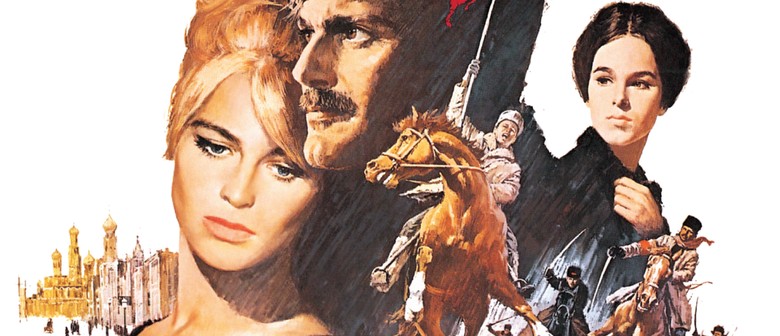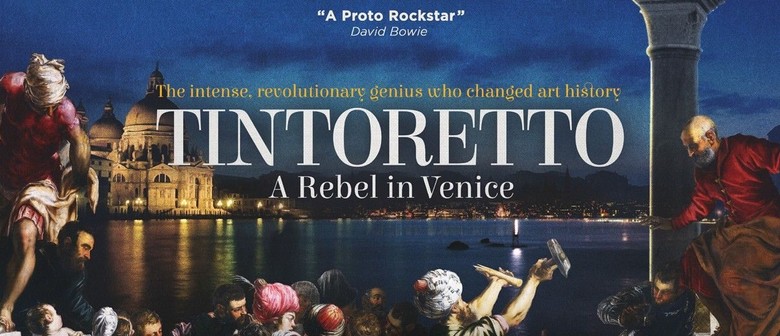The Accused: Damned or Devoted?
Online, VirtualTicket Information
-
Eventfinda tickets no longer on sale
Tour
Restrictions
Website
Listed by
The Accused: Damned or Devoted?
Director: Mohammed Naqvi | 75 min | 2020 | Pakistan, United States, United Kingdom
“I saw my country falling prey to the political ambitions of a despot, one who was using Islam as a veneer.”
– Mo Naqvi
'The Accused', formerly known as 'Blasphemy', is not about religion – regardless of the attempts of some of the film's subjects to frame it in that way. The film is about the use, misuse and abuse of power: subject matter director Mo Navqi has also tackled in previous films.
Regular Doc Edge festival attendees will be familiar with some of those titles. His 'Insha'Allah Democracy' played Doc Edge 2018; his 'Among the Believers' won him Best International Director at Doc Edge 2016, and the film received a special mention in the Best International Feature category.
In 'The Accused', the stories and fates of four people accused of blasphemy form the focus of the film.
The most famous of those cases is that of Asia Bibi, a Christian woman sentenced to death for blasphemy. While Asia's situation is now, to some degree, resolved following her departure from Pakistan to Canada, the blasphemy law is not.
One of the strongest advocates of the blasphemy laws, cleric Khadim Hussain Rizvi, used the law as a key policy plank in his run to become Pakistan's Prime Minister. During his run, he silenced those attempting to change the law by condemning them to death.
Although Asia's case became an international cause célèbre, it's not the focus of 'The Accused', which digs deeper into the law and the arguments for and against its continued existence.
Cleric Rizvi sits at one end of the spectrum of opinions about the law. At the other, staking out an equally strong position is women’s and human rights activist Gulalal Ismail.
Although the director has described Rizvi as “a despot... a cleric who did not speak for me or other Muslims”, the film gives Rizvi's opinions space to breathe.
'The Accused' does make it clear that the blasphemy law is not only used to prosecute – some might say persecute – non-Muslims. It's also used against Muslims, and to incite action against them – as when a mob killed university student Mashal Khan when he was accused of publishing blasphemous content on Facebook.
As for his previous films, the strength of 'The Accused' lies in the director's sensitivity and using the access he's granted to engage in nuanced dialogue around the issues at the heart of the story.
Previous festival selections include:
CPH:DOX
Log in / Sign up
Continuing confirms your acceptance of our terms of service.






Post a comment